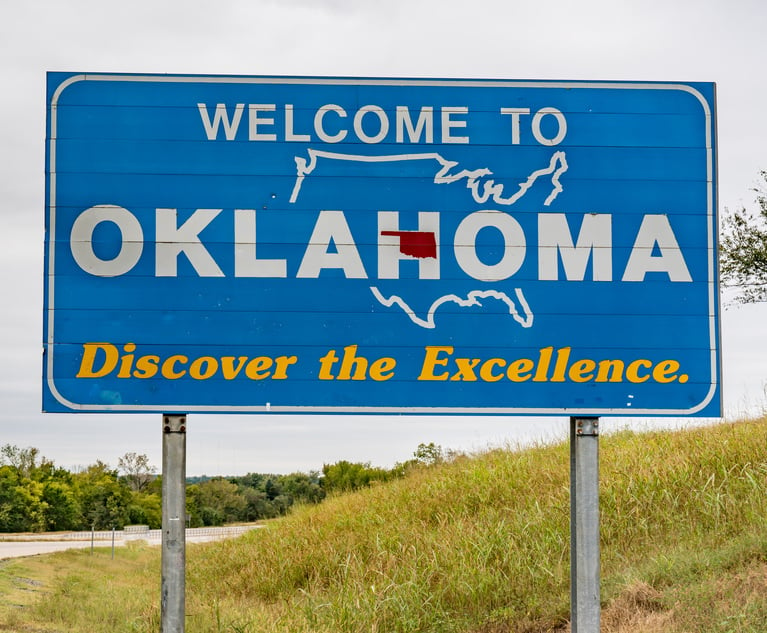NU Online News Service, Jan. 2, 1:07 p.m.EST
|Even though the National Transportation Safety Board'srecommendation that all cellphone use be banned in automobiles hasbeen nixed by theU.S.transportation secretary, the suggestion isapplauded by some corporate and public-entity risk managers.
|The mid-December recommendation by the NTSB calls for all 50 statesand theDistrict of Columbia "to ban the nonemergency use ofportable electronic devices (other than those designed to supportthe driving task) for all drivers."
|The safety recommendation also urges use of high-visibilityenforcement to support the bans and implementation of targetedcommunication campaigns to inform motorists of the new law and theheightened enforcement.
|U.S. Transportation Secretary Ray LaHood, however, announced onDec. 22 he won't back the proposal and supports hands-freedriving.
|Risk managers say they are in favor of a total ban of cell phoneusage while behind the wheel.
|Lori Seidenberg, vice president, enterprise risk management, andinsurance risk manager with Centerline Capital Group inNew YorkCityand a director of the Risk and Insurance Management SocietyInc. notes, "As a risk manager, I support the implementation of atotal ban on cell phone usage. Using cell phones while driving is ahazard for both the passengers in the car you are in and the carsaround you."
|While some states allow hands-free usage while driving,Seidenberg says, "This, too, is hazardous, as you still need tolook at your phone or PDA to answer or dial the call."
|She adds, "I can see a corporation's perspective, that they wanttravelling employees to be as efficient as possible" and that anemployee driving a long distance might multitask byparticipating in conference calls or answeringemails.
|But she says corporations have to weigh the risks and decidewhich is more important: "employee productivity or a risk of injuryor death by distracted driving?"
|Daniel Rogers, director of risk management at InVentiv Health,Inc., in the Greater New York area, tells NU Online News Service,"Hands free technology such as Bluetooth does not solve theproblem. The real issue with cell phone use (handheld or otherwise)is the distraction it causes while driving."
||He notes that if companies are serious about banning cell phoneuse while driving, "relatively cheap technology now exists todisable cell phone use any time the GPS that most cell phones havedetects vehicle motion."
|The program can be disabled in the event of an emergency. It canalso be programmed to alert callers that the employee is currentlydriving and will return the call at the first opportunity, hesays.
|Rogers concedes, however, that until the various states begin toimpose major fines for cell phone use, as is the case with theEuropean Union countries, "I agree it's an almost impossible policyto enforce."
|Terry Fleming, director of the Division of RiskManagement,Montgomery County,Md., and a past president of the Riskand Insurance Management Society, says, "It's just a safety issue."Teaching drivers in regards to texting and cellphone usage whiledriving "is an educational process, similar to drunk driving." Itwill still happen, "but it's the education and the enforcement,"that will make the difference.
|Enforcement is difficult and will require more cameras tophotograph and document infractions as well as unmarked cars, heobserves.
|A new technology introduced by an automobile company that allowsparents to turn off a teen's cell phone in the car may beeffective, he observes. "Technology will catch up and help us outas well."
|John Toay, president, SC Risk Mgt. Consulting and president, LPMEnterprises Inc., says, "As a former police-accident investigator Ihandled more cases caused by inattention than I can count."
|While it used to be "just guys driving into parked cars whilethey were gawking at pretty girls," he says, "Now it's phones,texting, laptops, radios, CB radios, hamburgers and fries that draweyes from the road. I even see people with books or newspaperspropped up on their steering wheels."
|But despite the problem, Toay wonders about enforcement of sucha law "without making all of us traffic violators. We can pass allthe rules and laws we want but logically speaking, they'll beunenforceable. Can you imagine the line waiting to appear beforethe judge?"
Want to continue reading?
Become a Free PropertyCasualty360 Digital Reader
Your access to unlimited PropertyCasualty360 content isn’t changing.
Once you are an ALM digital member, you’ll receive:
- All PropertyCasualty360.com news coverage, best practices, and in-depth analysis.
- Educational webcasts, resources from industry leaders, and informative newsletters.
- Other award-winning websites including BenefitsPRO.com and ThinkAdvisor.com.
Already have an account? Sign In
© 2024 ALM Global, LLC, All Rights Reserved. Request academic re-use from www.copyright.com. All other uses, submit a request to [email protected]. For more information visit Asset & Logo Licensing.








